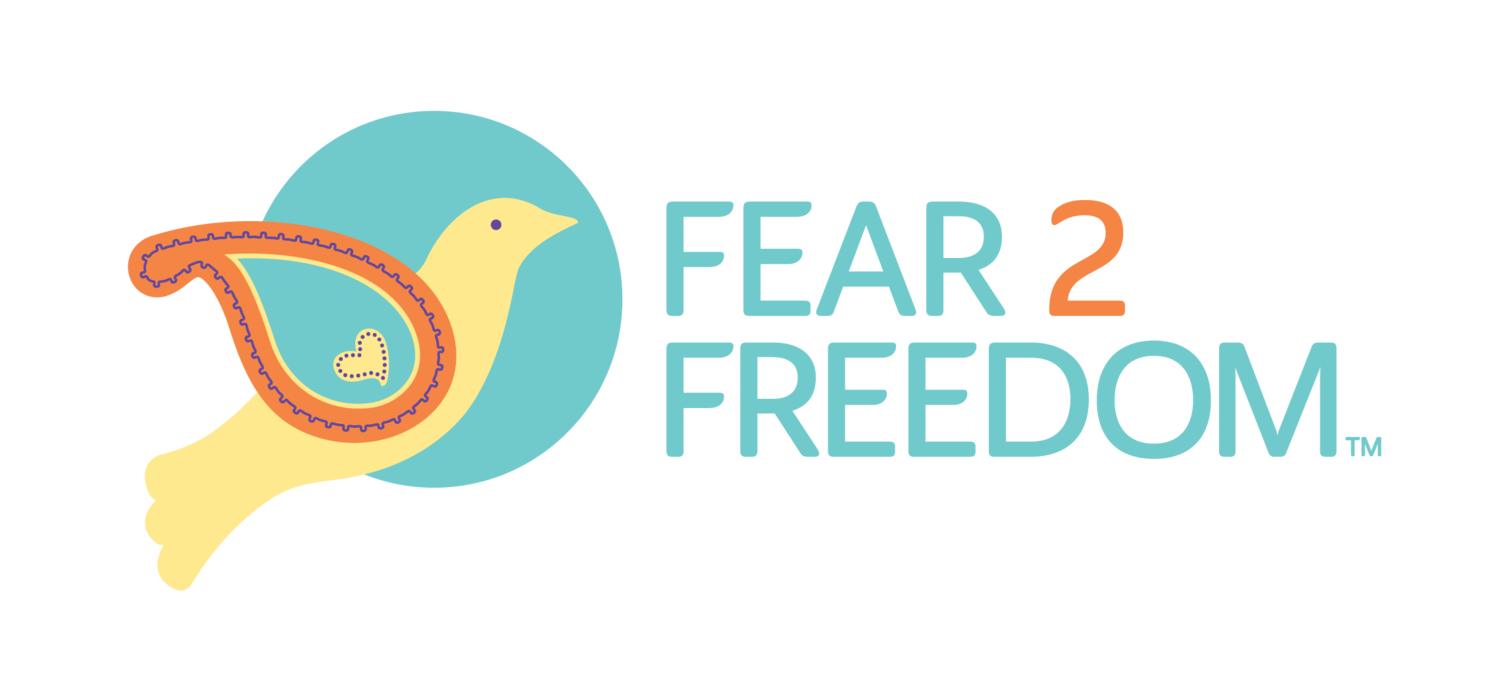By Cheryl Chavers and Neisha Himes, Newport News Police Department Domestic Violence Team
In October, we take thirty-one days to recognize the impacts of domestic violence. In truth, there are hundreds of thousands of Americans who suffer from domestic violence every day.
A note on terminology: domestic violence can occur between anyone that is married, separated, or divorced, live or have lived together, have children in common or are dating, or have dated and even parents and siblings. Some literature may also refer to domestic violence as intimate partner violence. This blog will use the term ‘domestic violence’.
There is a common narrative about domestic violence: the man yelling and physically beating their wife, with visible bruises remaining. This is often not the case. We want to explain the more common, less understood realities of domestic violence and what you can do to support someone who may be struggling with this. By looking behind the mask of domestic violence, we hope to reach more survivors and empower others to support the survivors that they know.
One of the most important things to do is educate yourself, and that’s our role in the community. The Newport News Police Department Domestic Violence Team was founded to provide victim advocacy services from within the police department while educating both the department and the community. Their latest campaign, Enough is Enough, brings together diverse community representatives to debunk myths and stereotypes about domestic violence.
There are many different kinds of abuse. From the more commonly known and understood physical and sexual abuse, to lesser known types like digital, financial, religious, emotional, and health.
Digital abuse refers to using technology to stalk or control a partner. This can include tracking movement, monitoring, or restricting friends or followers, or changing passwords.
Financial abuse refers to controlling a partner’s assets. In 99% of domestic violence cases, there are elements of financial abuse.
Religious abuse is how abusers use religion to manipulate individuals. This can also be an abuser forcing or forbidding someone religious ceremonies or institutions.
Emotional abuse describes any abusive behavior that isn’t physical. This is also called mental or psychological abuse. This kind of abuse can include gaslighting, intentionally altering someone’s perception of reality. Abusers may threaten to call immigration on their partners who are undocumented. Abusers can sometimes go as far as to threaten pets as a way to control someone.
Health abuse refers to an abuser controlling someone’s access to medical care. This can be seen in reproductive coercion, where an abuser controls contraceptive methods and pregnancy. Throughout the COVID-19 pandemic, abusers may have manipulated the information to control survivors. The National Domestic Violence Hotline provides several unique ways that survivors could be uniquely impacted by the pandemic. Abusive partners may:
Withhold necessary items, such as hand sanitizer, masks, or disinfectants.
Share misinformation about the pandemic to control or frighten survivors.
Prevent them from seeking appropriate medical attention if they have symptoms.
Withhold insurance cards, threaten to cancel insurance, or prevent survivors from seeking medical attention if they need it.
Intentionally try to infect someone with COVID-19 by coughing on them or by forbidding the use of PPE.
Feel more justified and escalate their isolation tactics.
This is in no way an exhaustive list of the many ways that abusers control individuals. There are also varying barriers to someone leaving a domestic violence relationship. Someone with children or pets may stay in a relationship for fear that their partner might hurt their dependents. A transgender survivor might not leave because many shelters do not have adequate facilities to support them. A LGBTQ survivor may stay in a relationship because their partner has threatened to out them. There may be language barriers that prevent a survivor from seeking services, or from receiving the full benefits of trauma-informed services. You can’t ensure that a translator will convey empathy and compassion.
These layers of complications, stress, and trauma, only start to explain the daily pressures that someone in a domestic violence relationship experiences. If someone discloses their situation to you, listen to them without judgment. Be willing to learn. A domestic violence relationship doesn’t start out that way! You should also respect someone’s decision, whether they choose to stay or leave. Offer them support and resources. If you are able, keep a record of injuries you see or of interactions you observe and email them to yourself with a date and time. This could one day be invaluable.
The bottom line is that for those in a domestic violence relationship, there is hope and there is help. They deserve to be loved, respected, and safe.
If you have any questions about domestic violence, supporting a survivor, or the work of the Newport News Police Department Domestic Violence Team, please call (757) 928-4646 or email us at nnpddvteam@nnva.gov.
